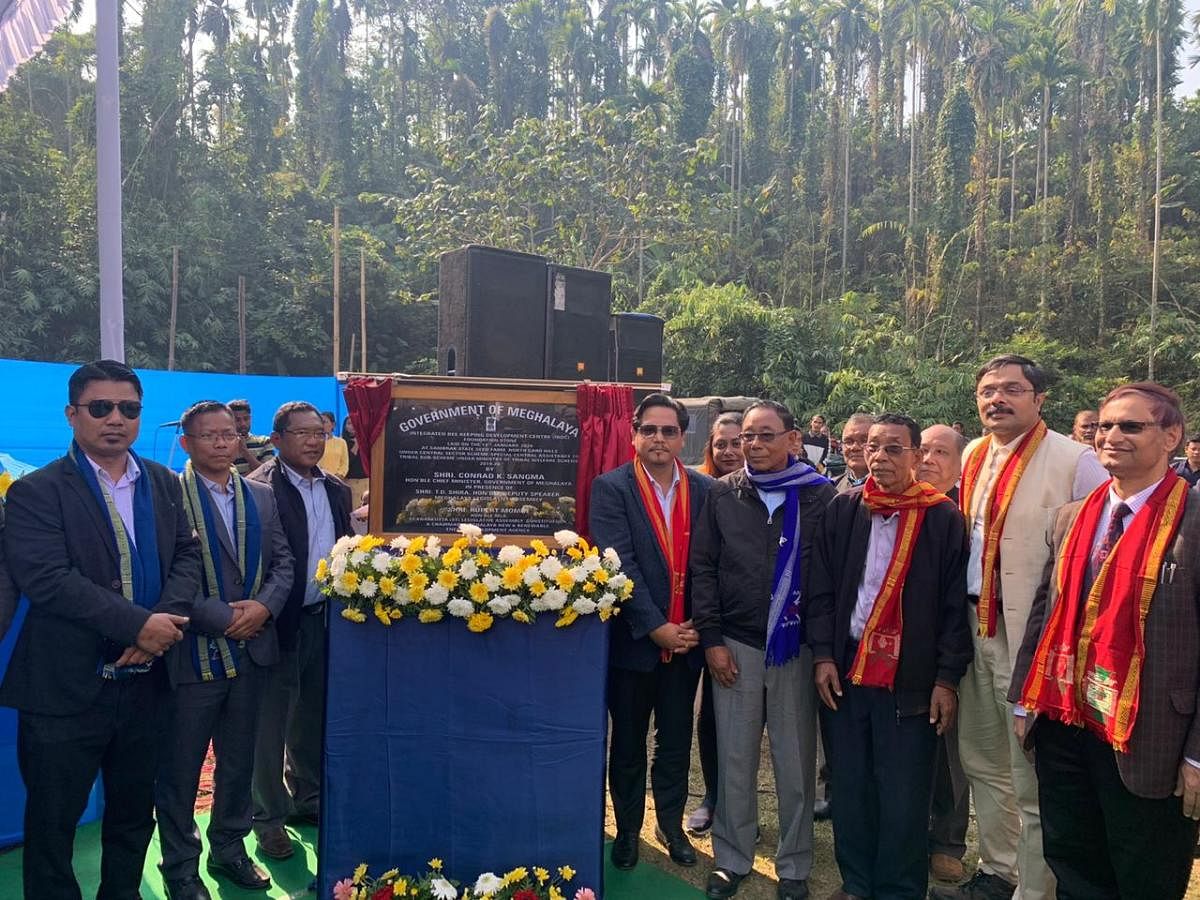
If you love honey and looking for the organic ones, Meghalaya can soon be the next stop.
Keeping in mind the potential of making beekeeping an organised industry, Meghalaya government plans to have at least five lakh honey bee colonies on its hills and set up an Integrated Bee Development Centre.
Laying the foundation for the centre on 25 acre land in North Garo Hills, Chief Minister Conrad K Sangma on Tuesday said the government was trying to preserve, propagate and scientific farming of the indigenous bee of the state. He said around 6,000 beekeepers have been provided training by Meghalaya Institute of Entrepreneurs to transform beekeeping into an organised industry and make Meghalaya honey a popular brand.
Rich in anti-oxidant, antimicrobial and soothing effects, honey is now prescribed by health experts as an alternative to processed sugar for daily consumption. Honey produced by beekeepers in Meghalaya hills is one of the best quality in the country at present. The state, however, at present has 16, 728 honey bee colonies, which is only 3% of its potential.
A statement issued by the Chief Minister's office said the bee development centre will help in the overall sustainable development of scientific and robust beekeeping in the State. It will also function as information and demonstration units.
The project worth Rs 10 crore is funded by the union ministry of tribal affairs, under its Mission for Integrated Development of Horticulture scheme.
Stating that Meghalaya is one of the best regions for beekeeping considering the availability in terms of bee pasturage, the Chief Minister said, “The state has immense beekeeping potential, however, due to lack of knowledge and information about the scope, the farmers have not been able to reap the optimum benefits.”